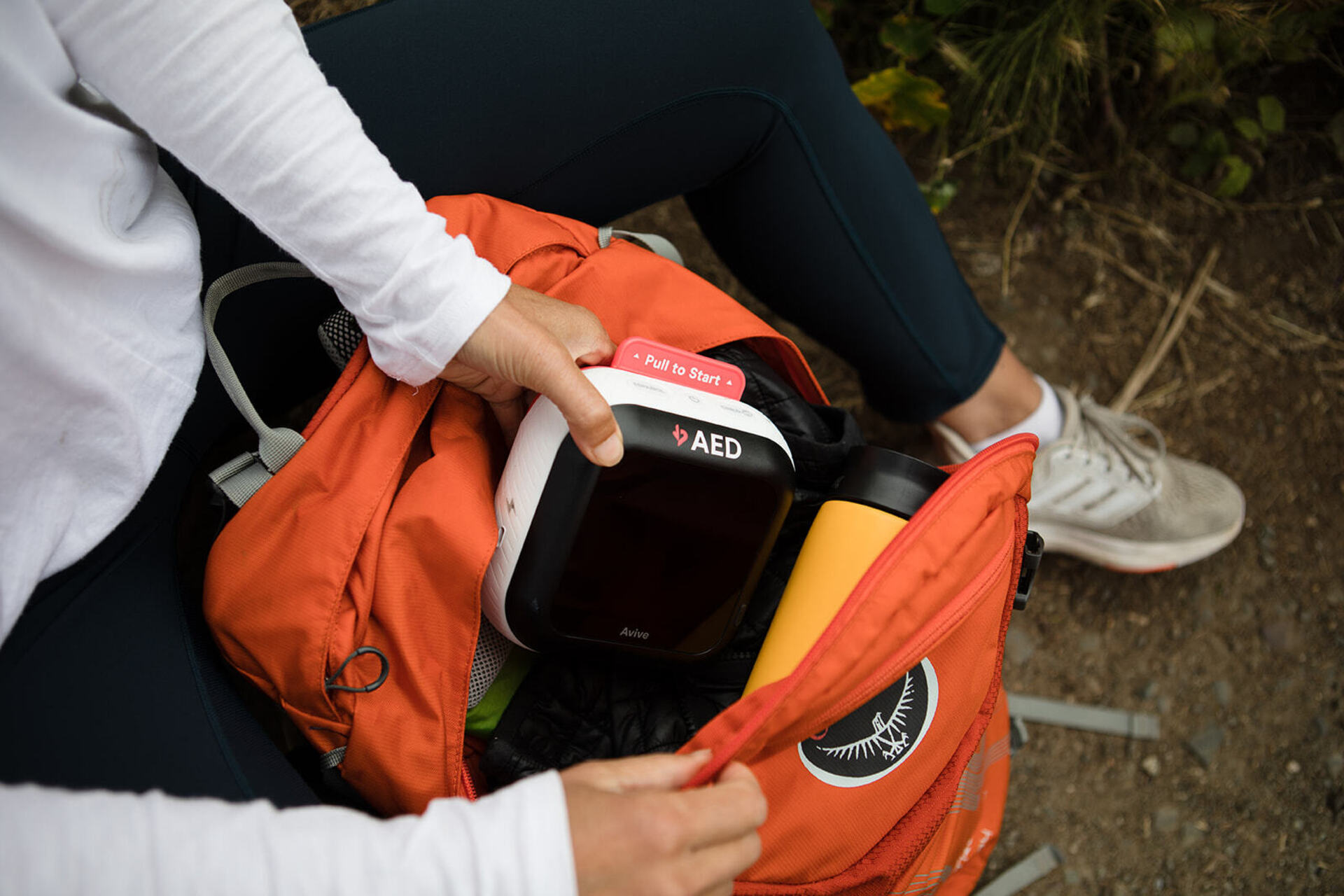Interview with Raquel Fuentes from United States

Ocoee Preserve: Luxury in Nature’s Embrace
January 19, 2024
Interview With Renzo Cicillini From Switzerland
January 22, 2024Raquel Fuentes
Raquel Fuentes, the co-founder and president of Avive Solutions, has developed new ways to use an Automated External Defibrillator (AED). Avive Solutions were the youngest founding team to receive FDA approval for a Class III medical device and have been named to Forbes' annual 30 Under 30 list.
Interview With The 2023 NY Product Design Awards Winner – Raquel Fuentes
I’m the co-founder and President of Avive Solutions, where we focus every day on revolutionizing how we respond to sudden cardiac arrest. I have a Mechanical Engineering Degree, as well as an Electrical Engineering and Computer Science Degree from MIT.
Avive Solutions originated out of a capstone design course at MIT. We developed novel ways to miniaturize, familiarize, and ultimately utilize an Automated External Defibrillator (AED), received a tremendous response for what we had built, and went on to found Avive in 2017. Six years later, we are the youngest founding team to ever receive an FDA approval for a Class III medical device, and were recently named to Forbes’ annual 30 Under 30 list. We are the first new manufacturer of an AED since 2003, and we are ecstatic to be having devices used across the country!
Everything that we do at Avive Solutions centers around improving survival rates of cardiac arrest. There are over 350,000 cardiac arrests every year, a ~10% national average survival rate that hasn’t changed much in 20 years, and every minute without defibrillation treatment from an Automated External Defibrillator (AED) reduces your survival chances by 7-10%.
The centerpiece of our system of response solution is the Avive Connect AED. The device is usable by untrained bystanders, is the smallest device ever approved by the FDA, and is internet connected with WiFi, Cellular, and GPS capabilities. It fits easily in a backpack or the glovebox of your car, and has a child mode, spanish language mode, and other features to make it as accessible as possible. When activated for an emergency use, it provides audio and visual instructions designed to minimize the number of steps and decisions you need to make during a chaotic, terrifying situation.
Utilizing the WiFi, Cellular, and GPS capabilities, we have a platform for automating the maintenance and monitoring of these devices to ensure that they are always ready to help save a life when they’re needed. During and after use of the device, incident data is made available to first responders and the hospital, to improve their ability to take over treatment.
Perhaps most exciting to me personally is our 4 Minute City program. We partner with cities and counties to strategically distribute AEDs throughout the community and integrate with emergency services. When a 911 call comes in for a potential cardiac arrest, our AEDs that are nearby that location audibly alert and display a map to help navigate bystanders to the emergency to help. It’s one of the many ways that we aim to change how quickly and how often we get this life-saving treatment to a patient who needs it, and ultimately improve survival rates.
To me, the best designs appear so simple that they seem obvious. They are aesthetically pleasing, but more than anything they are useful at each level for which they’re intended. When you want to use or do something, it’s intuitive. When you want to do something more, it remains that way, and when you are trying to do the fullest extent of that thing’s capabilities, it just feels right. A good design is satisfying, it removes barriers or frustrations, and it meets you at your level as a user.
There are designs and products that do a lot of things, and there are designs and products that do almost nothing. A good design is not about how many features or how much something does, but how well it does those things, and whether its right for users and functions its intended for.
It is fantastic to receive recognition for everything that the Avive team has been able to accomplish! It speaks to the thoroughness, quality, and importance of the work that we’re doing to make an impact on the survival rates of sudden cardiac arrest.
The stakes during the use of this device couldn’t be greater. Often, early access to our device and it performing correctly is the only chance that someone in cardiac arrest has at surviving. Designing a product that is as reliable as it is intuitive for one of the most panicked situations in someone’s life requires a great thoroughness in all aspects of the design and development.
On top of that, AED devices are regulated via the most scrutinous regulatory approval pathway that the FDA has for medical devices. There’s a reason that we are the first new manufacturer to get an AED device approved by the FDA since 2003!
To do your best work, you need to have conviction about what you do. That may be because you really care about your area of work, because you are good at it, because you find it interesting, or something else entirely.
Maybe you enjoy working in a particular industry, a particular style, a particular phase of a project, or just the process of difficult problem solving. Different people and different designers will have vastly different preferences, but I find it critical to folks doing their best work for a prolonged period of time, avoiding burning out, and feeling fulfilled in what they do.
Winning Entry
Avive Connect AED - Revolutionizing Cardiac Arrest Outcomes | 2023
Raquel Fuentes
Avive Solutions
Raquel Fuentes, the co-founder and president of Avive Solutions, has developed new ways to use an Automated External Defibrillator (AED). Avive Solutions were the youngest founding team to receive FDA approval for a Class III medical device and have been named to Forbes' annual 30 Under 30 list.
Read more about this interview with Chien Chang Chen from Taiwan, the Gold Winner of the 2023 NY Product Design Awards.


